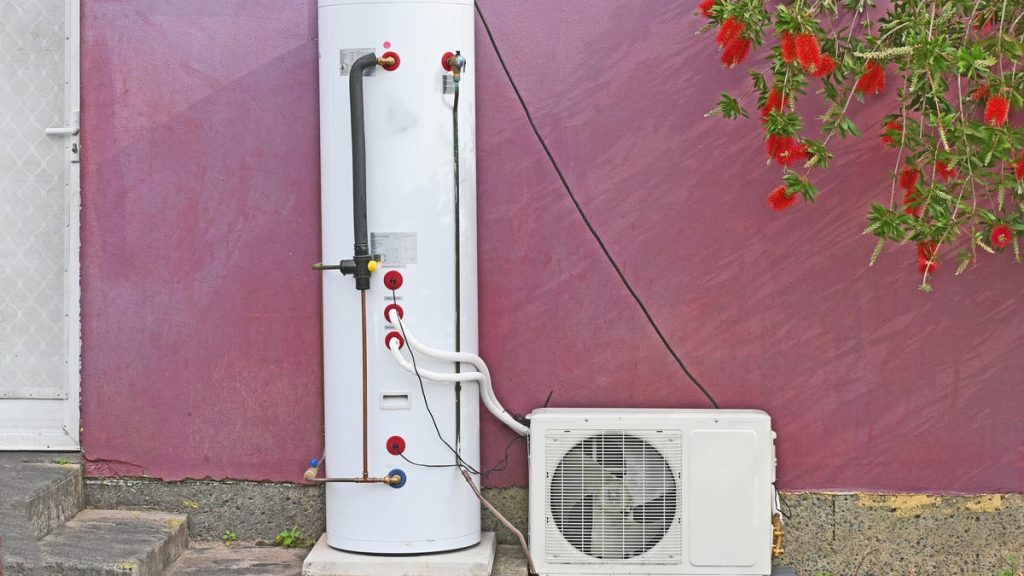Heat pump water heaters are becoming more popular as a way to save energy and reduce utility bills. These water heaters are much more efficient than traditional gas or electric water heaters, using electricity to move heat from the air to heat the water. The Department of Energy has issued new standards for water heaters, which will increase the production of heat pump water heaters in the coming years.
There are several benefits to using a heat pump water heater, including lower energy bills, a cooling effect in the summer, and cleaner air in your home. However, there are also some drawbacks, such as limited installation options and the time and cost of installation. The cost of a heat pump water heater can be higher than traditional water heaters, but there are financial incentives available that can help offset the initial cost.
If your existing water heater needs to be replaced or if you want to switch to a more efficient heating method, a heat pump water heater may be a good option. These units tend to last longer than traditional water heaters, saving you money in the long run. However, in colder climates, the heat pump water heater may end up increasing your heating bill to counteract the cooling effect it has on the air. It is important to weigh the benefits and trade-offs before making a decision.
Overall, heat pump water heaters offer significant energy savings and can lower your carbon footprint. As long as your home meets the necessary conditions for installation and you are willing to deal with the potential trade-offs, a heat pump water heater can be a wise investment. With new standards coming into effect in 2029, heat pump water heaters are expected to become more prevalent in the market in the coming years.












